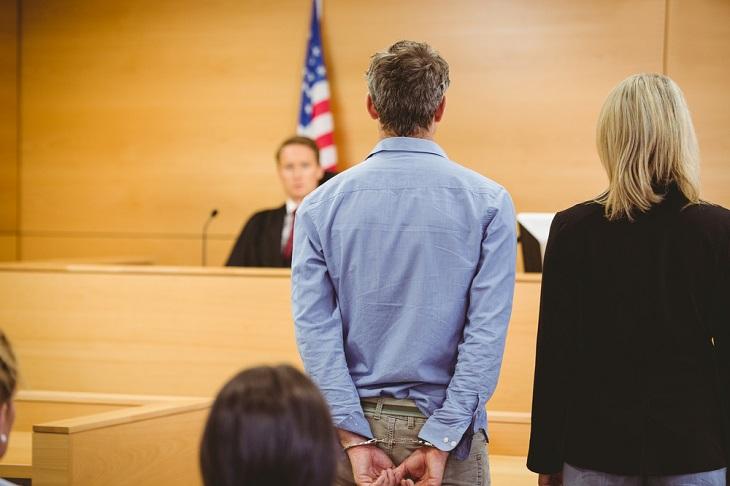Introduction
If you have ever found yourself or a loved one entangled in the criminal justice system, you know how vital it is to have a competent and zealous advocate on your side. A criminal lawyer, also known as a defense attorney, plays a critical role in protecting the rights and interests of individuals facing criminal charges. In this comprehensive guide, we will explore the role and responsibilities of a criminal lawyer, providing you with a clear understanding of what to expect in the event that you or a loved one requires legal representation in a criminal case.
What is a Criminal Lawyer?
A criminal lawyer, or defense attorney, is a legal professional who specializes in defending individuals and entities accused of criminal conduct. They represent clients facing charges ranging from minor offenses, such as traffic violations, to serious felonies, including murder, drug trafficking, and white-collar crimes. Criminal lawyers can work in private practice, as public defenders, or for non-profit organizations.
The Role of a Criminal Lawyer
A criminal lawyer’s primary role is to provide legal representation to clients facing criminal charges. This involves advocating for their client’s rights, investigating the facts of the case, analyzing the strength of the prosecution’s evidence, and ultimately presenting the strongest possible defense. Criminal lawyers must also be skilled negotiators, as many cases result in plea agreements rather than going to trial.
Responsibilities of a Criminal Lawyer
Case Assessment
One of the first responsibilities of a criminal lawyer is to assess their client’s case. This involves reviewing the charges, the evidence, and any other relevant information to determine the strengths and weaknesses of the case. During this stage, the lawyer will also discuss the client’s legal options, potential defenses, and the likely outcomes of each strategy.
Legal Research
A critical aspect of a criminal lawyer’s job is conducting legal research. This involves analyzing statutes, case law, and other legal resources to identify relevant legal issues and arguments that can be used to build a strong defense. A thorough understanding of the law is essential for a criminal lawyer to effectively represent their client.
Building a Defense
Once the criminal lawyer has assessed the case and conducted the necessary legal research, they will begin building their client’s defense. This involves gathering evidence, interviewing witnesses, and developing legal arguments to counter the prosecution’s case. Depending on the nature of the case, this may also involve hiring expert witnesses, such as forensic specialists or psychologists, to support the defense’s claims.

Plea Bargaining
In many criminal cases, the defense attorney and the prosecutor will engage in plea bargaining to resolve the case without going to trial. This involves negotiating a deal in which the defendant pleads guilty to a lesser charge, or the prosecution agrees to recommend a more lenient sentence in exchange for the defendant’s cooperation. A skilled criminal lawyer must be an effective negotiator to secure the best possible outcome for their client.
Trial Representation
If a criminal case goes to trial, the criminal lawyer is responsible for representing their client in court. This includes delivering opening and closing statements, examining and cross-examining witnesses, and presenting legal arguments to the judge and jury. The lawyer’s ultimate goal is to create reasonable doubt in the minds of the jurors and secure a not guilty verdict or, at the very least, mitigate the consequences of a guilty verdict.
How to Become a Criminal Lawyer
To become a criminal lawyer, one must first complete an undergraduate degree and then attend law school, which typically takes three years. Upon graduation, aspiring criminal lawyers must pass their state’s bar exam to become licensed to practice law. Many new attorneys begin their careers as public defenders or prosecutors to gain experience in criminal law before transitioning to private practice or other career paths.
Conclusion
The role of a criminal lawyer is essential in ensuring that individuals facing criminal charges receive fair and just treatment within the criminal justice system. By providing zealous legal representation, conducting thorough investigations, and skillfully navigating the complexities of the law, criminal lawyers play a crucial role in protecting the rights and interests of their clients. Whether you are considering a career in criminal law or seeking legal representation for yourself or a loved one, understanding the role and responsibilities of a criminal lawyer is essential to navigating the often daunting world of criminal justice.
